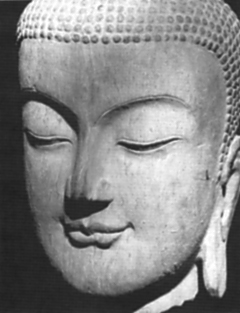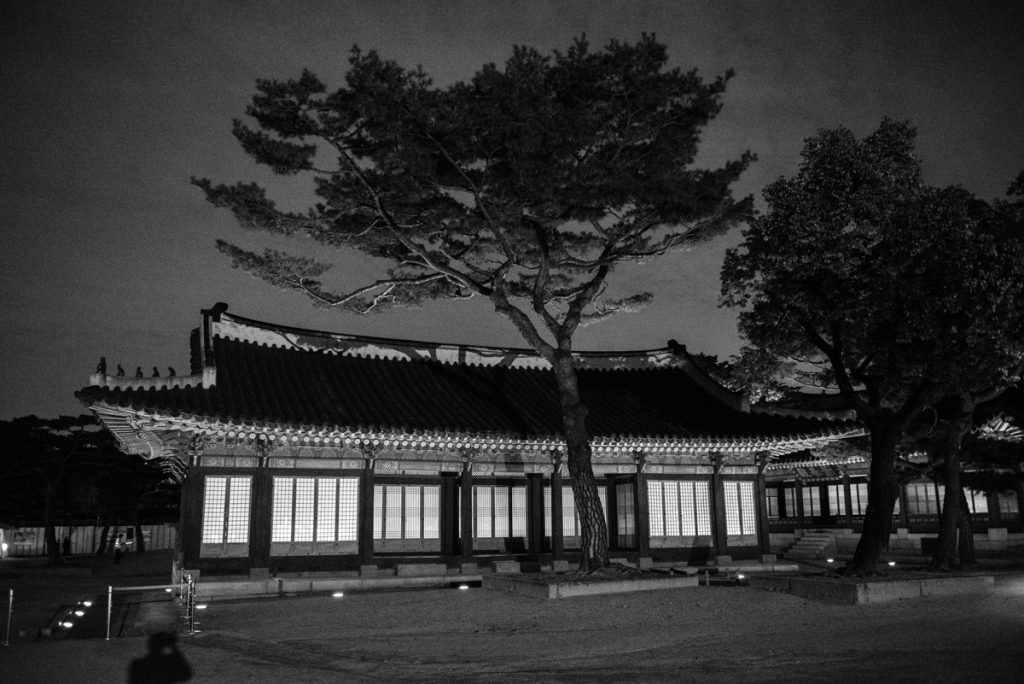Eihei Dogen (1200-1253) left Japan to study in China and then brought Zen Buddhism back to his own country. The seminal philosophical force of Japanese Soto Zen, Dogen Zenji is revered today for the clarity of his insights, for his passion, and for his poetry.
The following fascicle is from The Treasury of the True Dharma Eye, Dogen’s most significant work.
“Because a buddha is in birth and death, there is no birth and death.”
It is also said, “Because a buddha is not in birth and death, a buddha is not deluded by birth and death.”
These statements are the essence of the words of the two Zen masters, Jiashan and Dingshan. You should certainly not neglect them, because they are the words of those who attained the way.
Those who want to be free from birth and death should understand the meaning of these words. If you search for a buddha outside birth and death, it will be like trying to go to the southern country of Yue with your spearheading towards the north, or like trying to see the Big Dipper while you are facing south; you will cause yourself to remain all the more in birth and death and lose the way of emancipation.
Just understand that birth-and-death is itself nirvana. There is nothing such as birth and death to be avoided; there is nothing such as nirvana to be sought. Only when you realize this are you free from birth and death.
It is a mistake to suppose that birth turns into death. Birth is a phase that is an entire period of itself, with its own past and future. For this reason, in buddha-dharma birth is understood as no-birth. Death is a phase that is an entire period of itself, with its own past and future. For this reason, death is understood as no-death.
In birth there is nothing but birth and in death there is nothing but death. Accordingly, when birth comes, face and actualize birth, and when death comes, face and actualize death. Do not avoid them or desire them.

This birth and death is the life of buddha. If you try to exclude it you will lose the life of buddha. If you cling to it, trying to remain in it, you will also lose the life of buddha, and what remains will be the mere form of buddha. Only when you don’t dislike birth and death or long for them, do you enter buddha’s mind.
However, do not analyze or speak about it. Just set aside your body and mind, forget about them, and throw them into the house of buddha; then all is done by buddha. When you follow this, you are free from birth and death and become a buddha without effort or calculation. Who then continues to think?
There is a simple way to become a buddha: When you refrain from unwholesome actions, are not attached to birth and death, and are compassionate toward all sentient beings, respectful to seniors and kind to juniors, not excluding or desiring anything, with no designing thoughts or worries, you will be called a buddha. Do not seek anything else.
♦
“Birth and Death” from Moon in a Dewdrop: Writings of Zen Master Dogen, translated by Kazuaki Tanahashi. Translation © 1985 by the San Francisco Zen Center. Reprinted by permission of North Point Press, a division of Farrar, Straus and Giroux, LLC.
Related: Fundamentals of Dogen’s Thoughts and a response, Reading Past Dogen, to Dogen
Thank you for subscribing to Tricycle! As a nonprofit, we depend on readers like you to keep Buddhist teachings and practices widely available.
